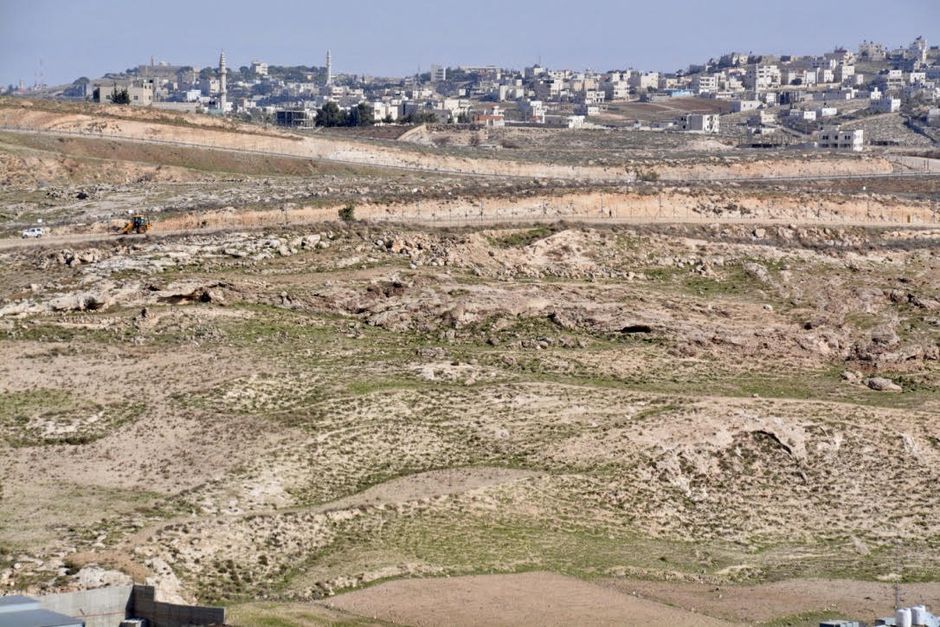At the end of the summer and in winter there was not enough pasture to feed the livestock, so the animals had to be taken up into the mountains and food provided for them manually. Green branches of trees and bushes were cut for this purpose.
 Photo: Antonio Cruz.
Photo: Antonio Cruz.
They also said to him, “We have come to live here for a while, because the famine is severe in Canaan and your servants’ flocks have no pasture. So now, please let your servants settle in Goshen.” (Gn. 47:4)
There are several Hebrew words that can be translated as “pasture” or grass.
The first of these is mireeh, which refers to the tender grass eaten by livestock; another word is mireith, which is used to indicate the green meadow; raah, is to graze; and nomé means vegetation serving as fodder. These words appear frequently in the Bible (Gn. 47:4; Nm. 22:4; 1 K. 4:23; 1 Chr. 4:39-41; Job 6:5; 24:6; 39:4, 8; Psalm 23:2; Is. 7:25; 9:5, 19; Mt. 6:30; Jn. 10:9, etc.)
In Israel pasture was not distributed evenly but was scattered sporadically through different regions, depending on the amount of water present. Needless to say, it was abundant near permanent rivers, such as on the banks of the Jordan, but was scarce in desert areas.
This geographical and climate-related distribution enabled the ancient Hebrews to devote themselves to sedentary agricultural activity while near this river, which traversed the Holy Land from north to south, or alternatively, as nomads, to keep sheep, goats and oxen, which would find sufficient grazing in spring on the desert-like mountains of Judea.
The nomadic life was actually considered superior to the settled agricultural life, and persisted until the advent of the monarchy (1 Chr. 4:39; Psalm 79:13). At the end of the summer and in winter there was not enough pasture to feed the livestock, so the animals had to be taken up into the mountains and food provided for them manually. Green branches of trees and bushes were cut for this purpose. The problems caused by private ownership of land and lack of access to common pastures were courageously denounced by the prophet Amos (Am. 1:13).
One of the best-known passages in the Bible, Psalm 23, begins with the words: The Lord is my shepherd, I lack nothing. He makes me lie down in green pastures, he leads me beside quiet waters. (Psalm 23:1-2) Here David is referring to the fact that God, as a good shepherd, leads his flock towards grassland that is watered abundantly.
He will not lead his sheep into barren land where they will suffer from hunger, but into those areas where good grazing predominates. By the same token, there is plenty of fresh water to drink in these areas, as they are replete with slow-flowing, tranquil streams. There the sheep can rest and drink to their hearts’ content, free of fear and anxiety, as there is no risk of them being swept away and drowned by strong currents. The message the psalmist wishes to convey is that the shepherd protects his flock just as God protects and cares for his children, so there is no reason for them to fear. Despite all the dangers that surround us on every side, the Almighty God protects us, his sheep, at every moment and leads us along the right paths.

Las opiniones vertidas por nuestros colaboradores se realizan a nivel personal, pudiendo coincidir o no con la postura de la dirección de Protestante Digital.
Si quieres comentar o